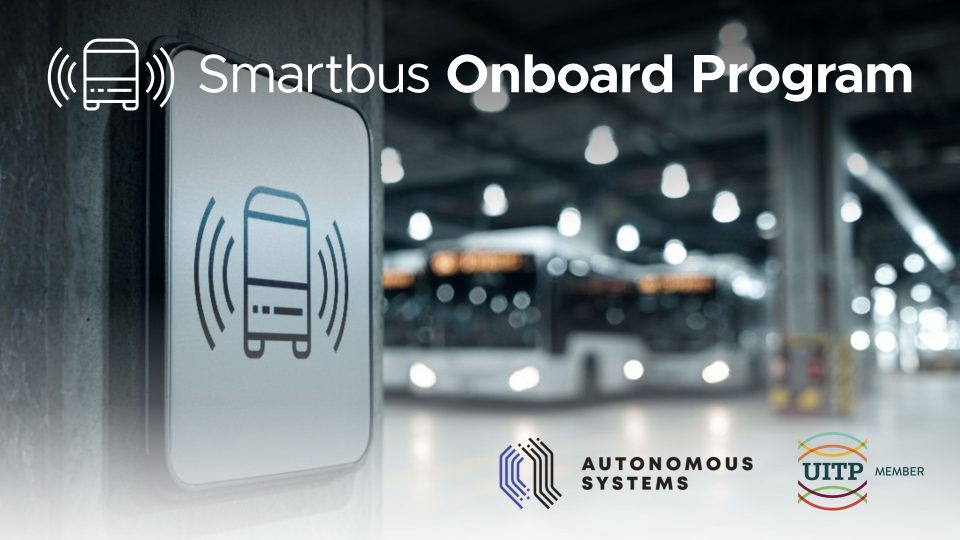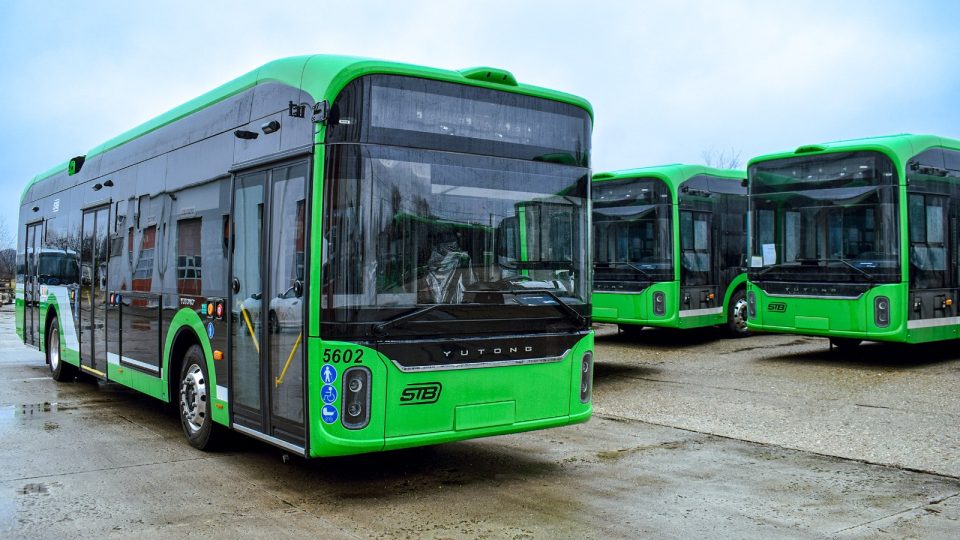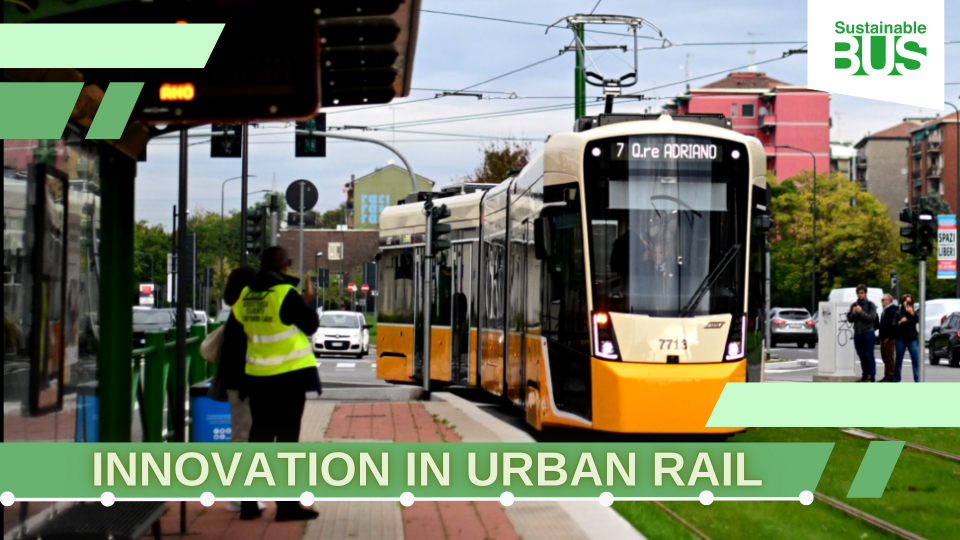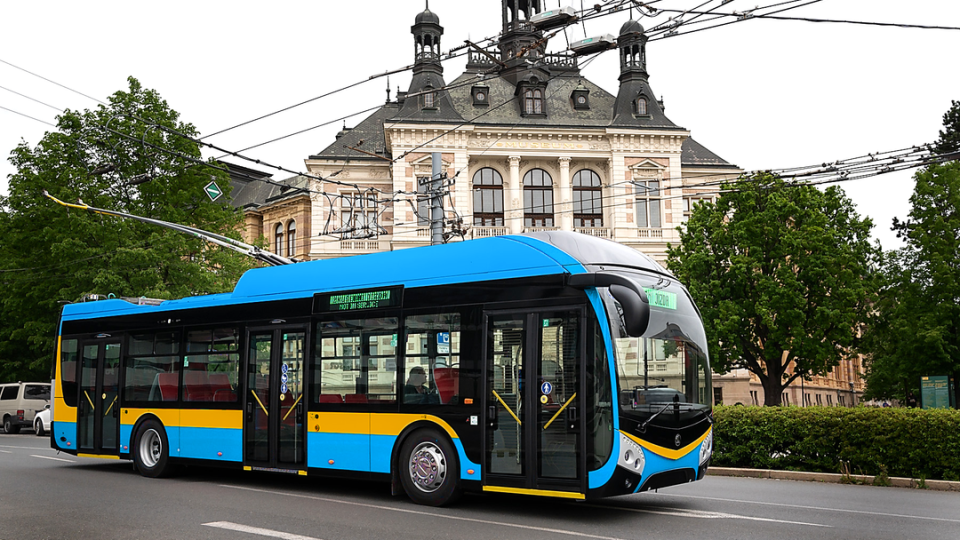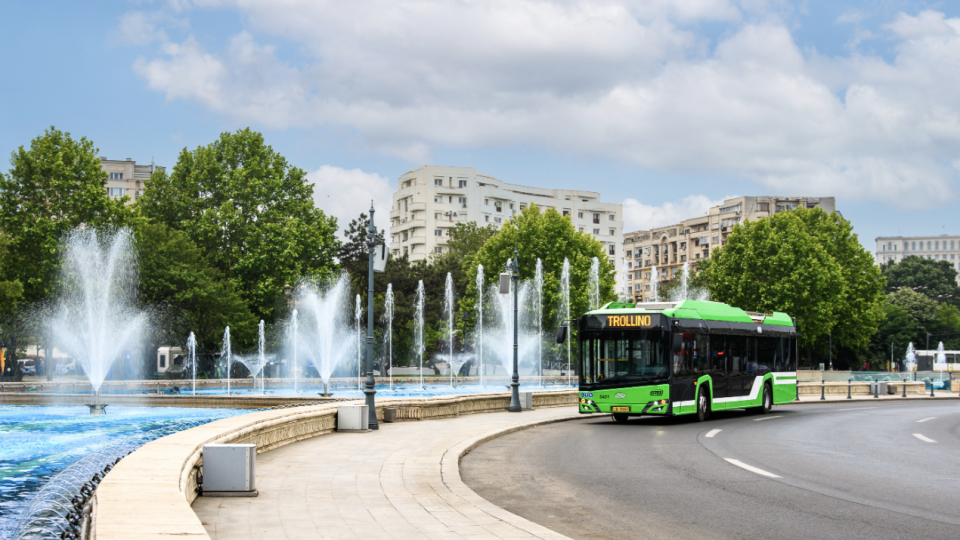The new Yutong trolleybuses for Quito’s network
The first units of the 60 articulated trolleybuses built by Yutong, ordered in August 2024 for the renewal of the trolleybus fleet of Quito’s approximately 18 km-long network, consisting of a main line and several shorter lines, are in service in the capital of Ecuador. The contract with Empresa Public del Pasajeros de Quito was […]
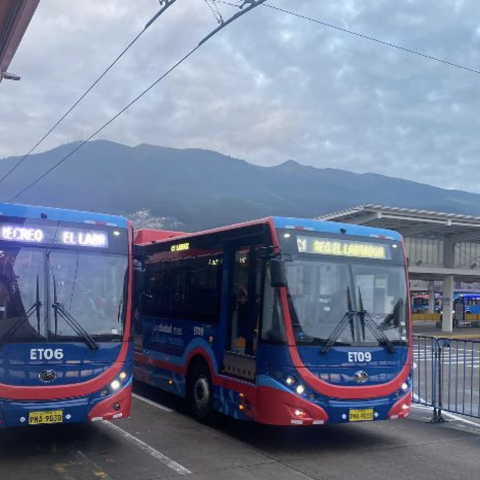
The first units of the 60 articulated trolleybuses built by Yutong, ordered in August 2024 for the renewal of the trolleybus fleet of Quito’s approximately 18 km-long network, consisting of a main line and several shorter lines, are in service in the capital of Ecuador.
The contract with Empresa Public del Pasajeros de Quito was signed in June 2024, with a total value of USD 27 million.
The first vehicle, delivered in January 2025, successfully passed line tests and the new trolleybuses were presented to the public on 31 March. The renewal is crucial for the trolleybus network, which will be 30 years old in December 2025.
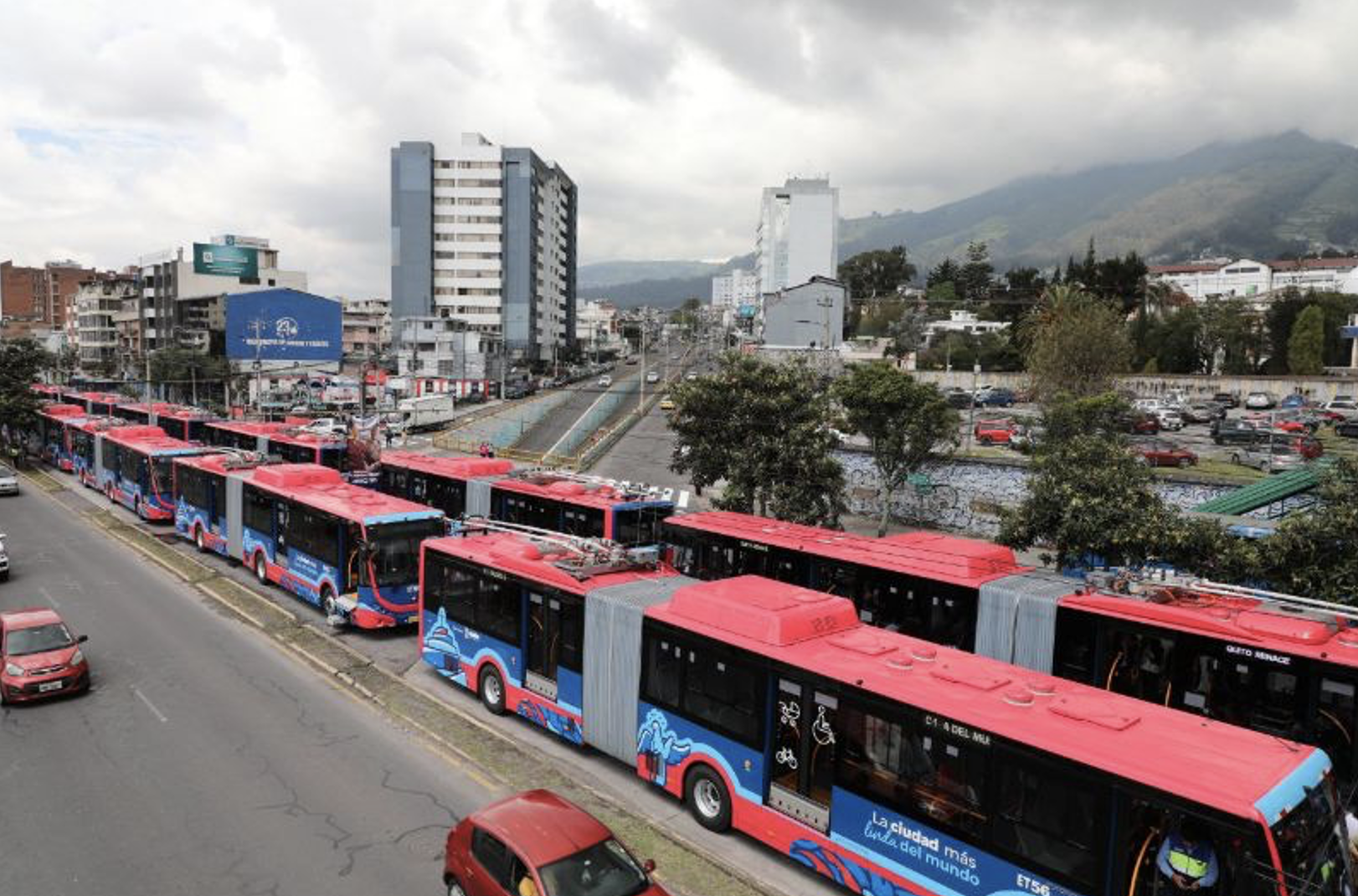
At 18, 24 metres long, the trolleybuses are derived from the model for Mexico City’s Metrobus network; they have a raised floor and doors on both sides to allow flush access from the platforms, typical of Quito’s network. A total of 160 seats are available, of which 32 are seated. There are seats reserved for women.
The vehicle is equipped with battery packs for autonomous driving. The innovative dual mains/battery power supply system overcomes route limitations by ensuring a seamless transition to battery power in sections without two-wire and still providing different performance compared to buses, particularly on routes with severe elevation profiles.
The newcomers will guarantee a quality service for Quito’s network. Industry experts note that the Quito project could accelerate the electrification of public transport throughout Latin America. This Chinese technological shift towards green mobility is prompting cities to reconsider alternatives to traditional fuel-based transport.

